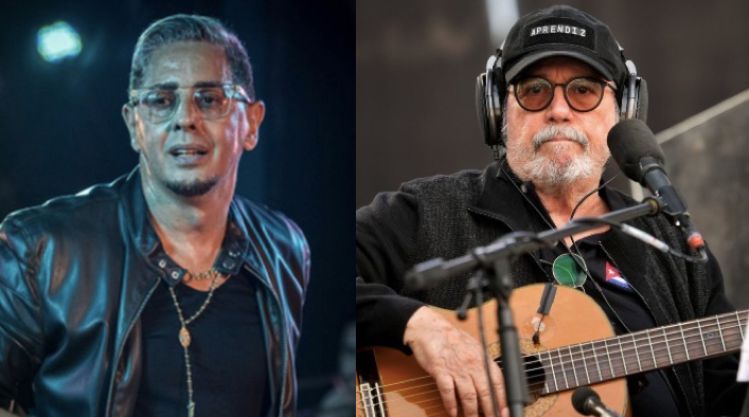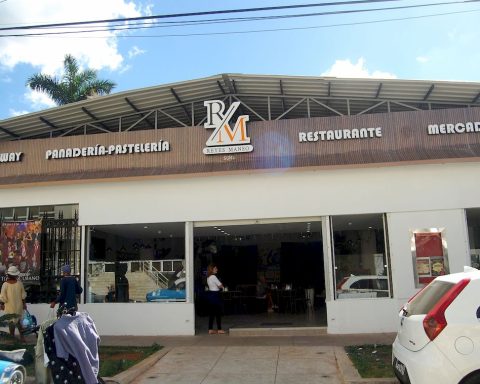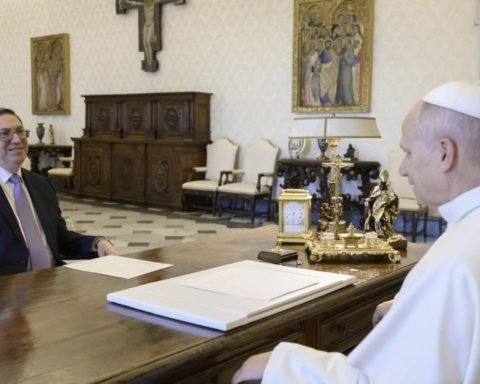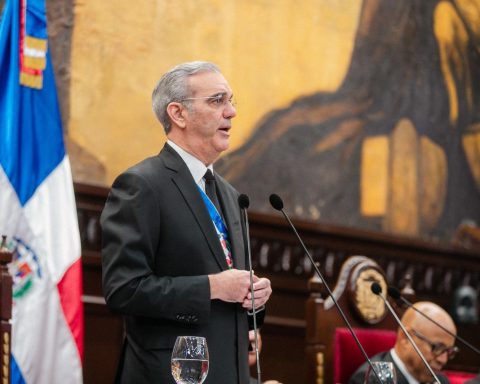HAVANA, Cuba.- “From Nueva Trova to Timba Brava”, the most recent book by Armando Añel published in Neo Club Ediciones, the indefatigable writer and editor dedicated it, as its title indicates, to the two most important and representative of the music made in Cuba between the late 1960s and the present.
The two genres have formed the soundtrack of the life of Cubans in the last five decades. The Nueva Trova, pretentiously poetic and intellectualized, with its songs as “a weapon of the Revolution”, and its main performers serving as propagandists of Castroism before the world left. And the timba, that other way of playing the son, fast, rough and lewd, putting the neurons to rest with the mess and the joy that changed the score and set the scene for decadence.
In the prologue, Añel explains why, in order to address their socio-cultural nature, he has brought together in the same book two phenomena as seemingly antipodal as Nueva Trova and Timba: “Both are the product of a very specific socio-political reality , the culture held hostage by Castroism, and because they have coincided, although in different ways and through different channels, in their ability to act as holders of Power… Their contribution has been considerable, seducing, enveloping, dizzying…”
With more or less subtlety and modesty, explicitly official or conveniently ambiguous, but always for their own benefit, precisely what Añel points out, seduce, wrap, dizzy, is what both singer-songwriters and timberos have done. They have done it from Silvio Rodríguez and Santiago Feliú, fleetingly critical but always within the revolution, to José Luis Cortés (El Tosco), once censored for the misogynistic tone and vulgarity of his songs, but who did not hesitate to express with his flute his Fidelista devotion before the funerary monolith of the Comandante in Santa Ifigenia.
It is impossible to analyze the discourses and attitudes of these artists separating them from the context in which they have developed their work: a suffocatingly ideological medium where censorship, double standards, cynicism, hypocrisy and opportunism prevail.
Añel, when making a recount of the main performers of both genres – discographies included -, divides the singer-songwriters into officialists, unclassifiable and anti-establishment. But the ambiguous and contradictory attitudes of some of those considered in the last two categories, the shifts in their positions, make them resistant to this classification.
It could be assumed that the timba fans were exempt from politicization, praise and unconditional support for the regime. But it happens that in Cuba everything is politicized.
Timba is the sound of captivity that tastefully tried to comfort us from sorrow and despair. But, with his marginal philosophy and speaking the language of the street, it became the chronicle of the lives of the children of what was supposed to be the new man: bisneros, hookers, informers. The human comedy, syncopated and with tumbao, of today’s Cuba, where “no one loves anyone”, “the love is over” and what matters is “the guaniquiqui”.
The timba fans, with gold chains around their necks, between one trip abroad and the next, to guarantee their status as winners, have no qualms about proclaiming their loyalty to the regime. It doesn’t matter if when they are in Miami or Madrid they warn that politics and art should not be mixed. Back in the fold, Cándido Fabré, Paulito FG, Ricardo Leiva and Mayito Rivera, among other chameleons and majases, participate enthusiastically in the stands and as soon as they are entrusted with a propaganda video clip at the service of the regime.
And to indicate that he is available just in case he is needed, Alexander Abreu, at the head of Habana de Primera, waters down with the Cubanness, just as it serves the patriotic Castroism, by improvising with his trumpet on the notes of the Anthem of Bayamo.
If anything can be blamed for this book by Añel, it is the omissions in the list of singer-songwriters of the names of Polito Ibáñez, David Torrens and Kelvin Ochoa –among the unclassifiable? –, And above all that of Raúl Torres, who in recent years with the songs commissioned by him has become, by far and in close competition with Israel Rojas, the most pro-government singer of the pro-government singers.
OPINION ARTICLE
The opinions expressed in this article are the sole responsibility of the issuer and do not necessarily represent the opinion of CubaNet.
Receive information from CubaNet on your cell phone through WhatsApp. Send us a message with the word “CUBA” on the phone +1 (786) 316-2072, You can also subscribe to our electronic newsletter by giving click here.
















